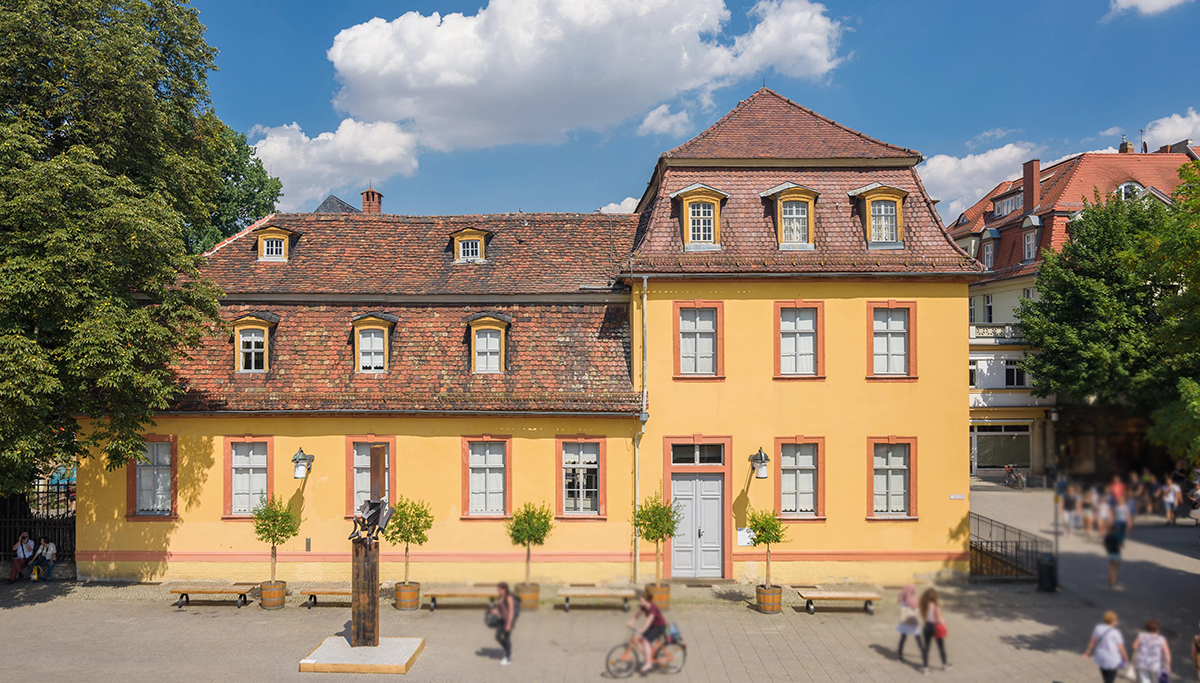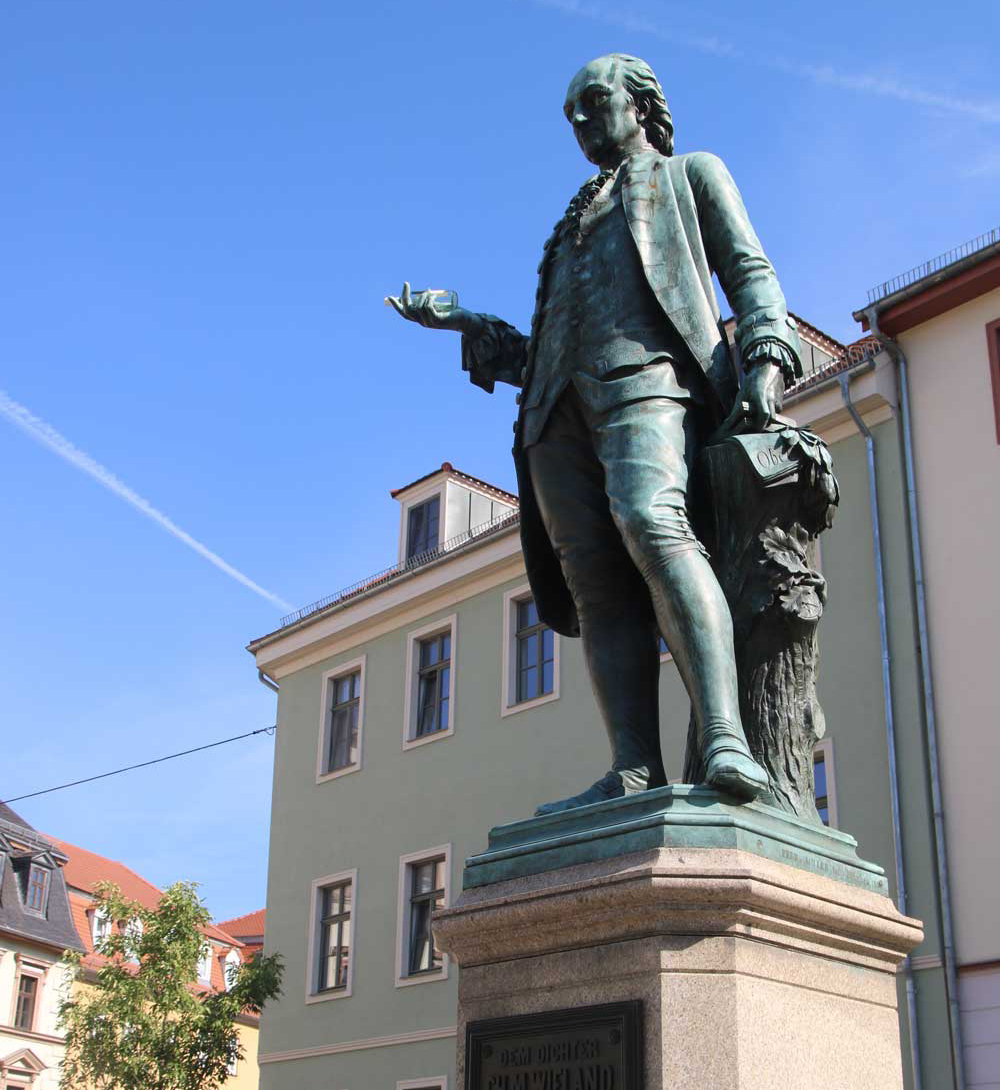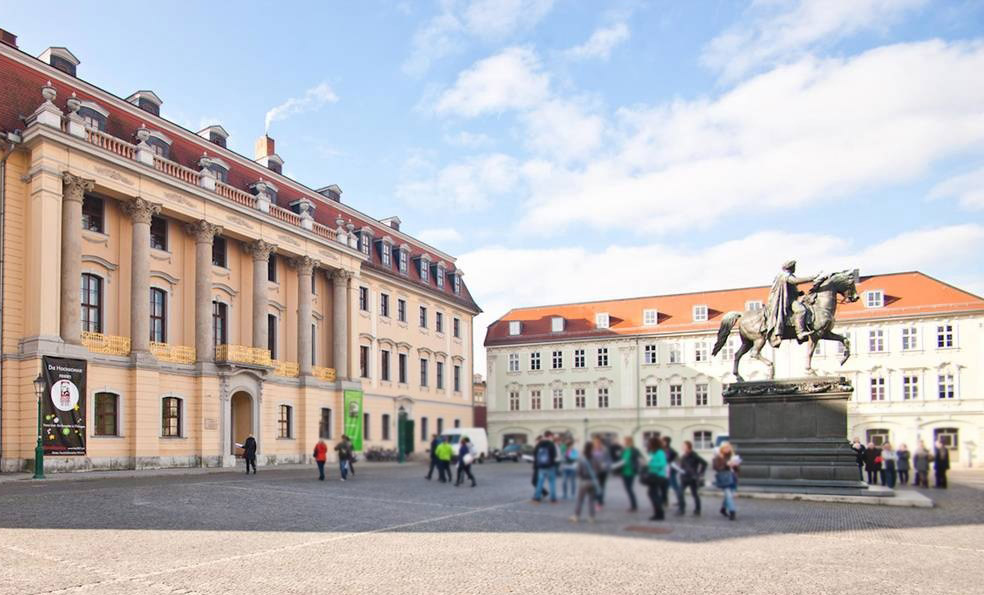Wielanddenkmal Weimar
Audio Guide Wielanddenkmal
The "Wielanddenkmal" is a monument representing the bust of the German poet Christoph Martin Wieland. The Wieland bust was created by the Austrian sculptor Hans Gasser and cast in bronze in Munich. The monument was installed on Wielandplatz (Wieland Square) in Weimar, Germany, in 1857.
Christoph Martin Wieland (1733-1813) was a German poet, prose writer, and literary critic. He is considered one of the representatives of the Enlightenment and was known for his literary works and critical essays. His contribution to German literature was significant, and he played an important role in the cultural life of his time.
Weimar has been and remains one of Germany's cultural and historical centers. The city has a rich cultural heritage and is associated with many prominent writers and thinkers. Christoph Martin Wieland was a significant figure in German literature, and his work holds great importance for German culture. The installation of his monument in Weimar symbolizes the city's connection to the history of German literature.
Christoph Martin Wieland had a personal connection to Weimar. For some time, he worked and lived in Weimar, holding high positions in literary organizations and actively participating in the city's cultural life. His presence in Weimar made him an important figure for the city.
Weimar is also known as a place where other great German writers and philosophers, such as Goethe and Schiller, lived and worked. The city was a hub for cultural and intellectual figures, and monuments to such personalities were erected in Weimar to commemorate their contributions to German and world culture.
Other sights
-
Albert Schweitzer Denkmal
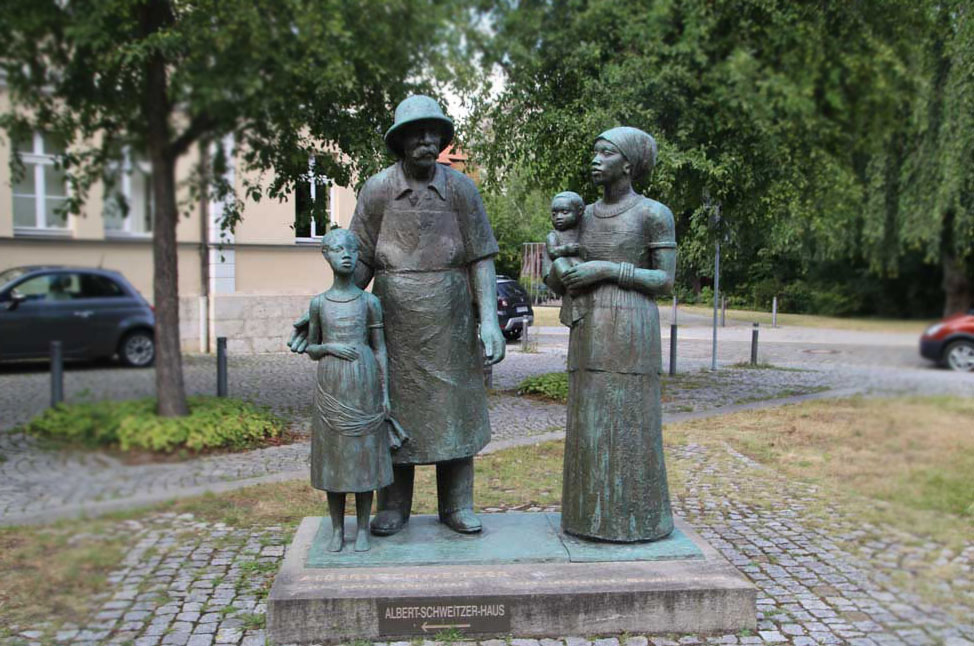
-
Altenburg (Franz Liszt)
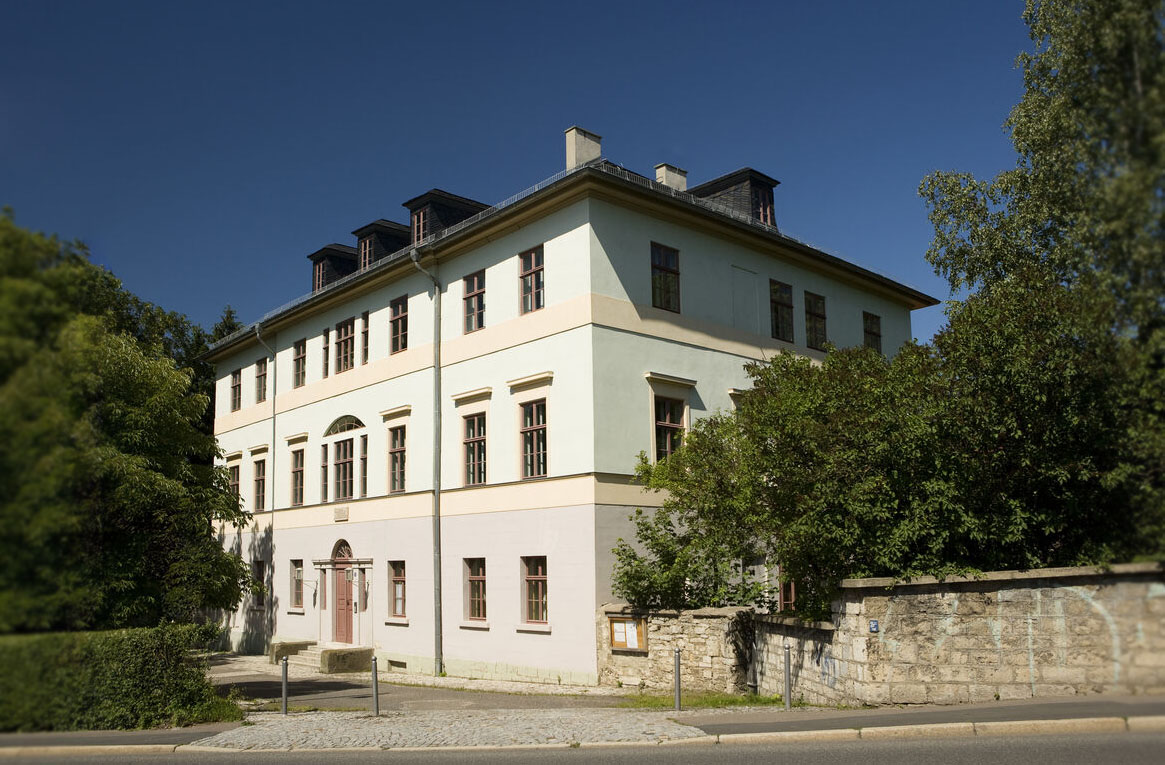
-
Atrium & ehemaliges Gauforum
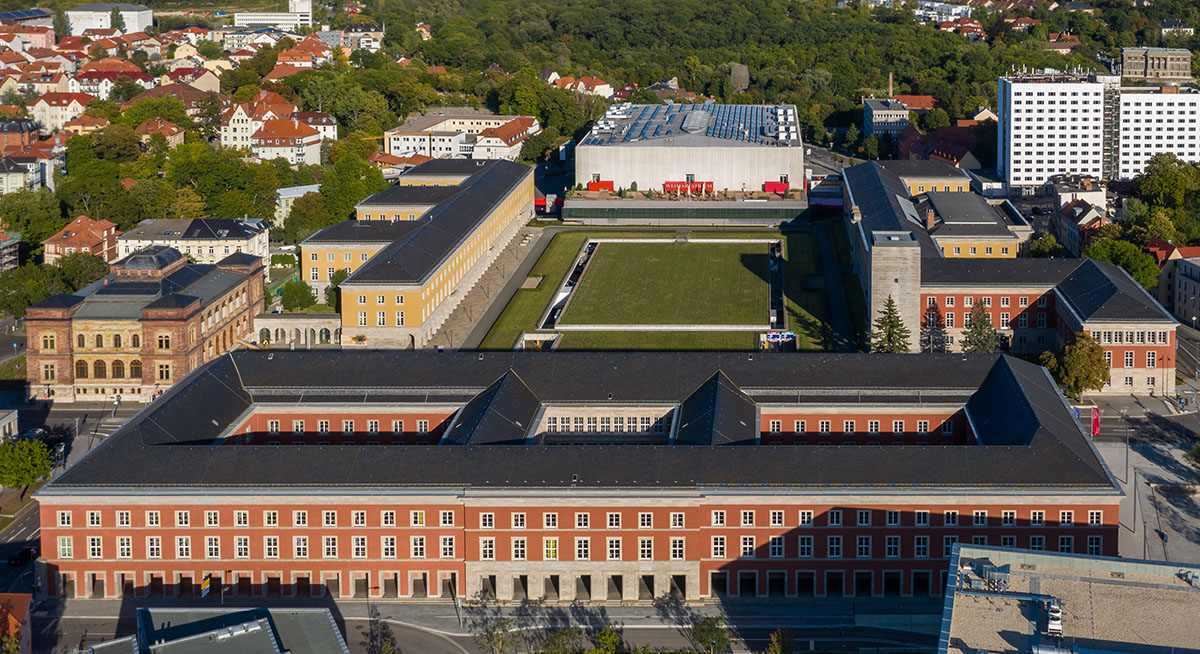
-
Bauhaus Universität (Henry van de Velde)
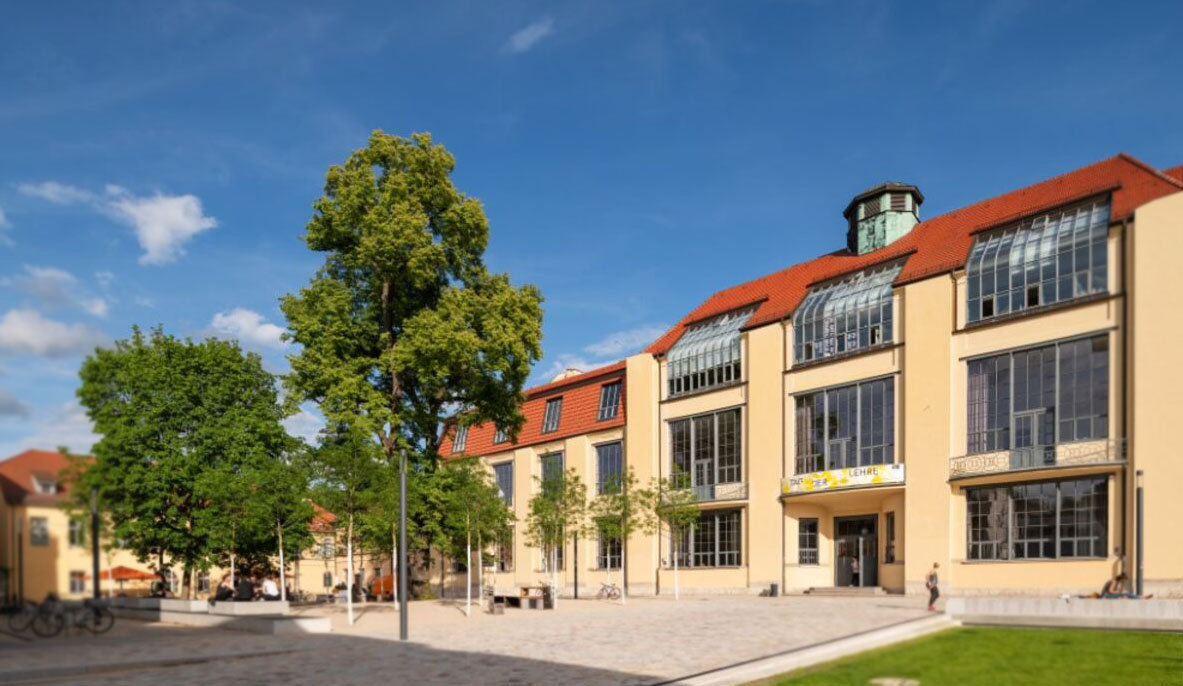
-
Bauhaus: Haus am Horn

-
Carl Heinrich Ferdinand Streichhan-Kaserne
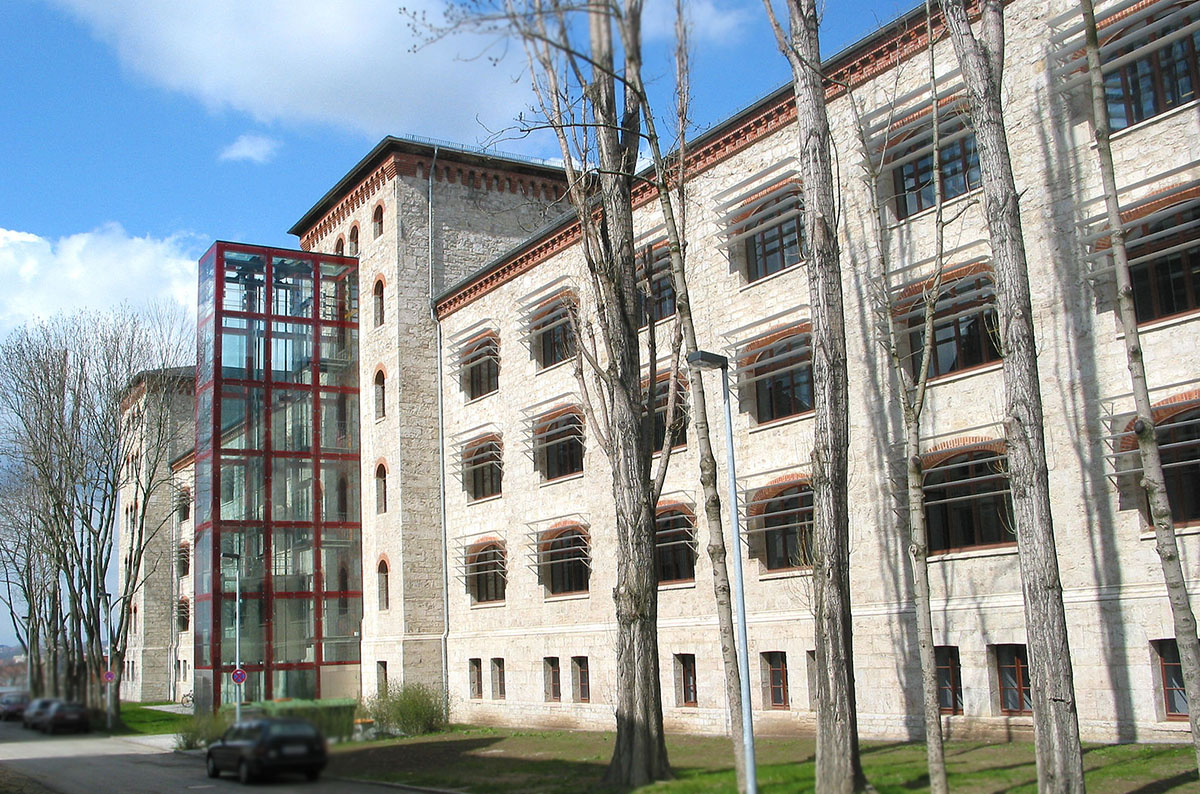
-
Cranachhaus
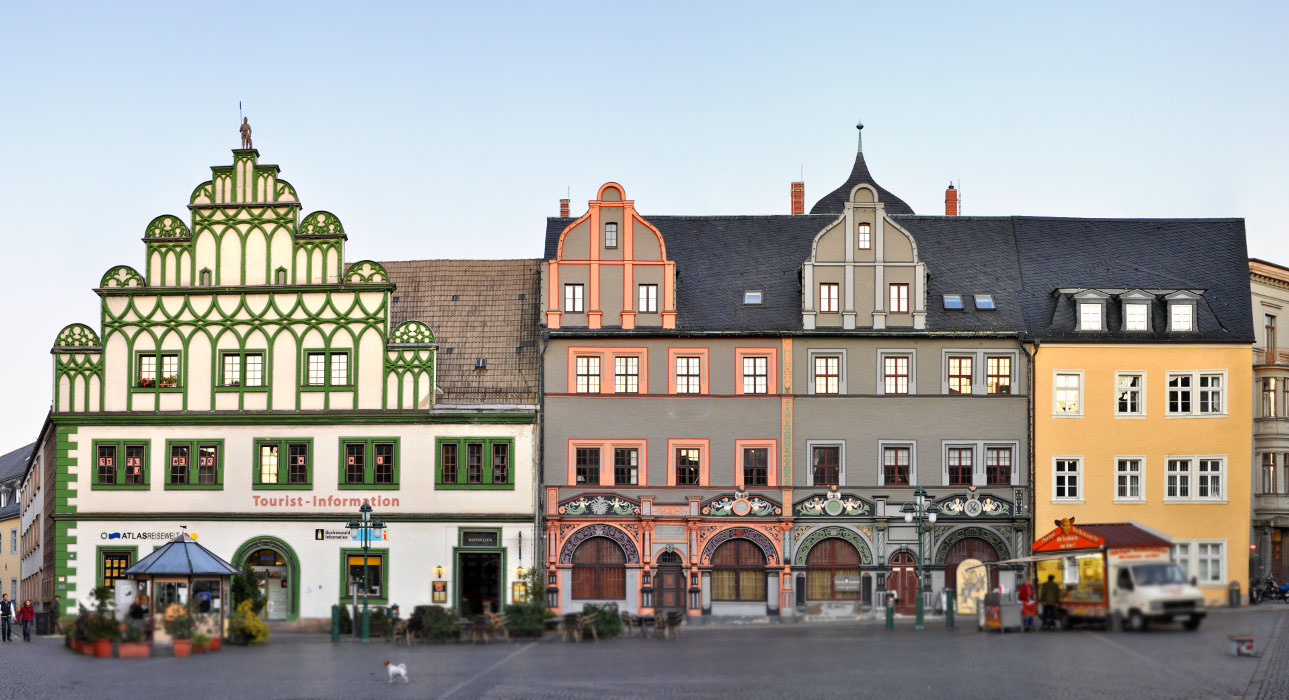
-
Denkmal Nepomuk Hummel
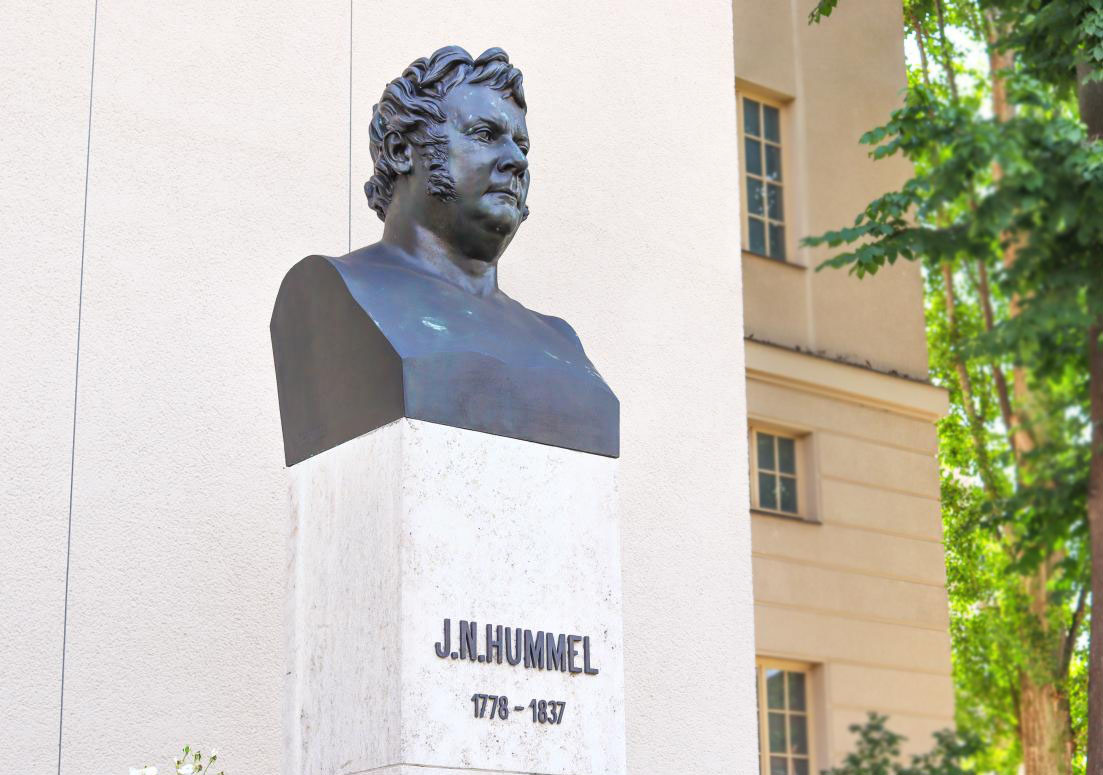
-
Denkmal Nepomuk Hummel und katholische Kirche
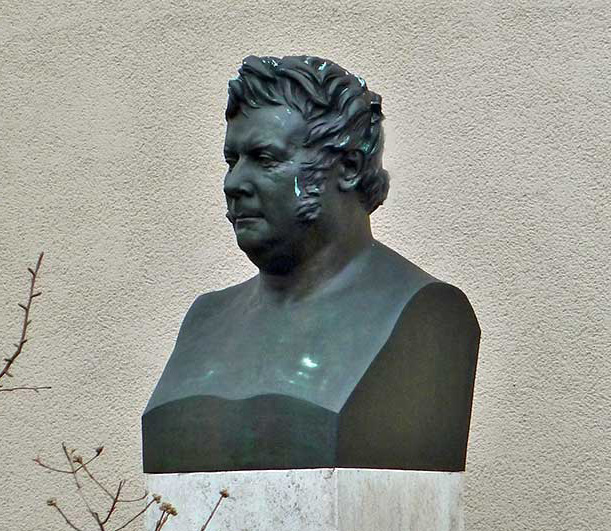
-
Deutsches Nationaltheater Goethe & Schiller Denkmal
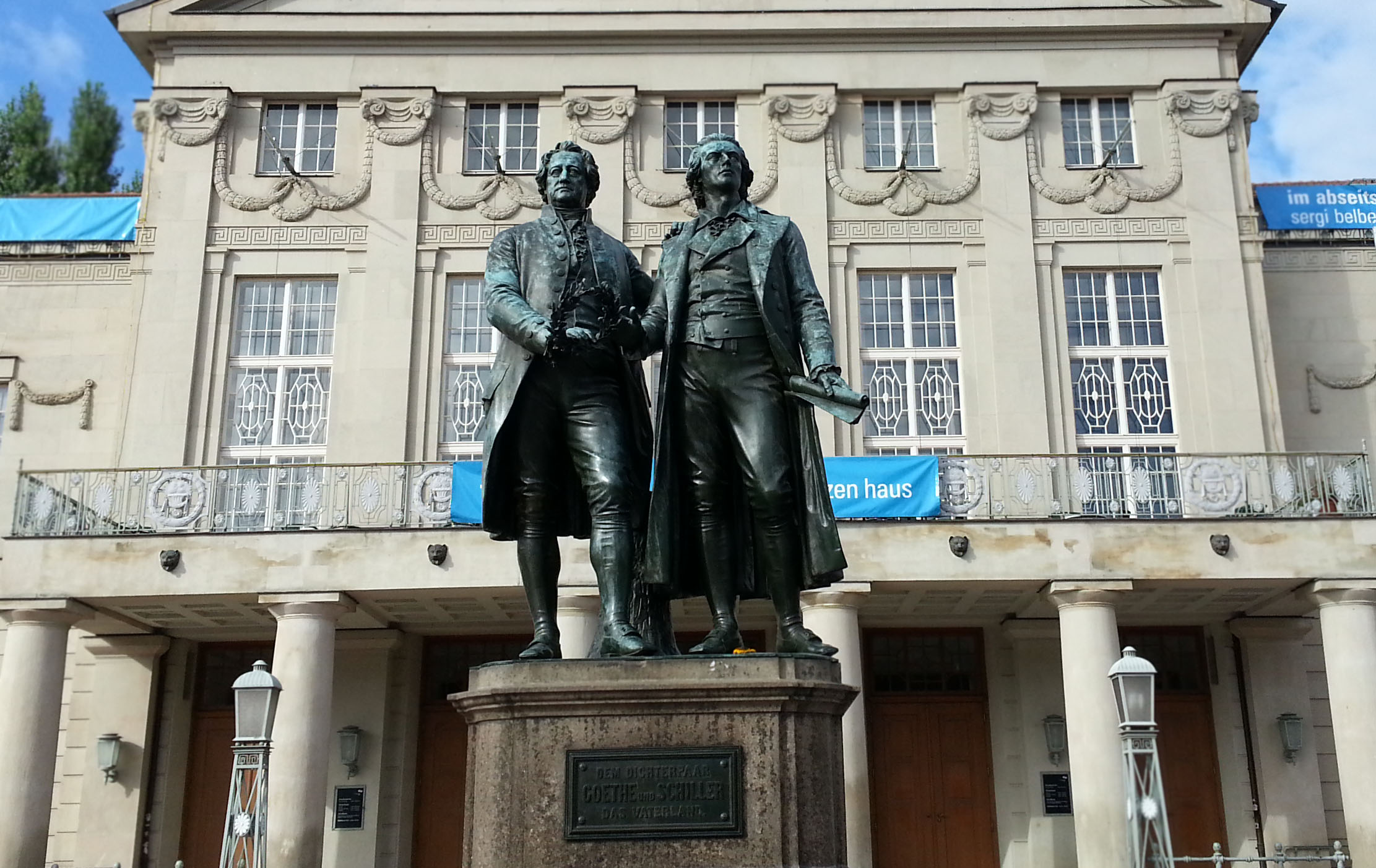
-
Ginkgobaum
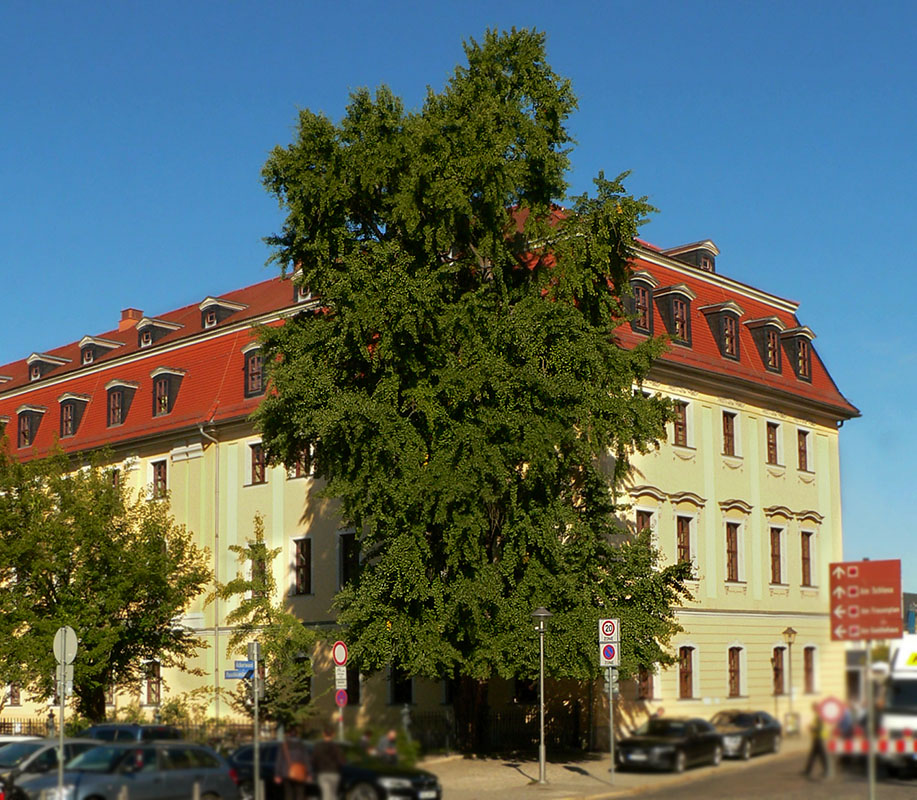
-
Goethe- & Schillerarchiv
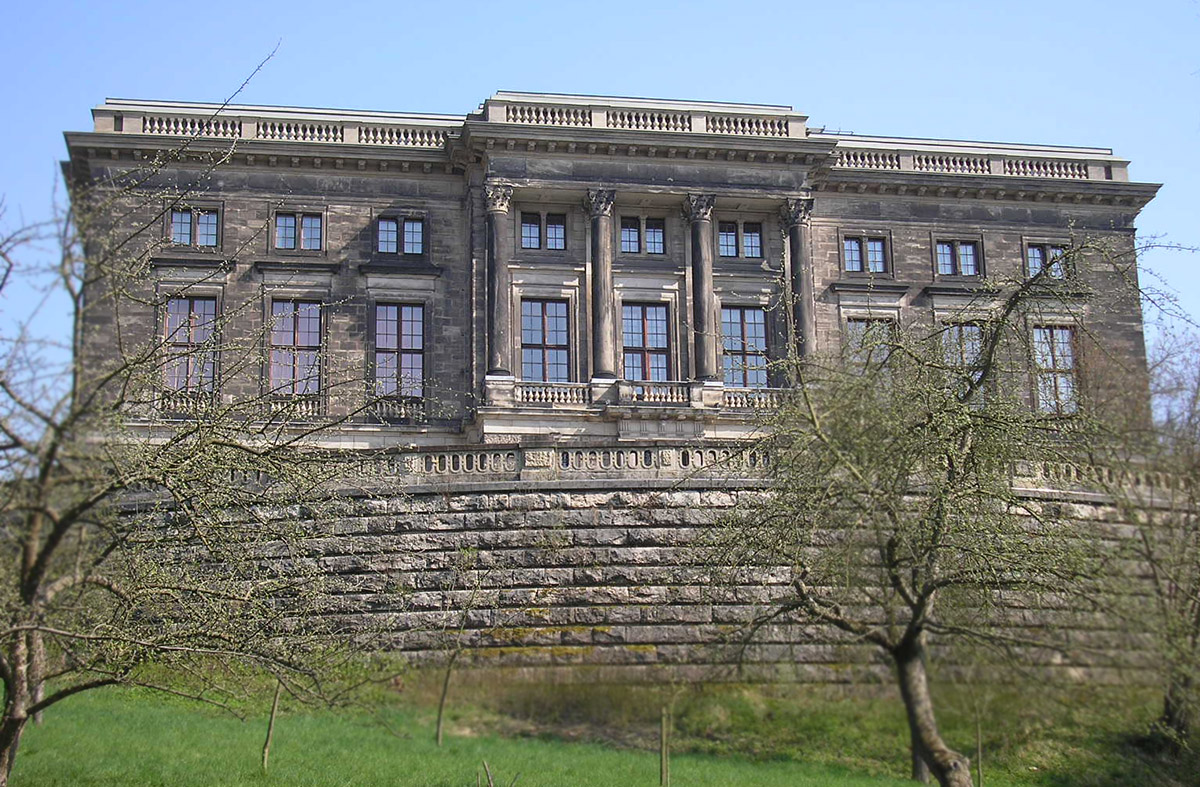
-
Goetheplatz mit Kasseturm & Stadtmauer
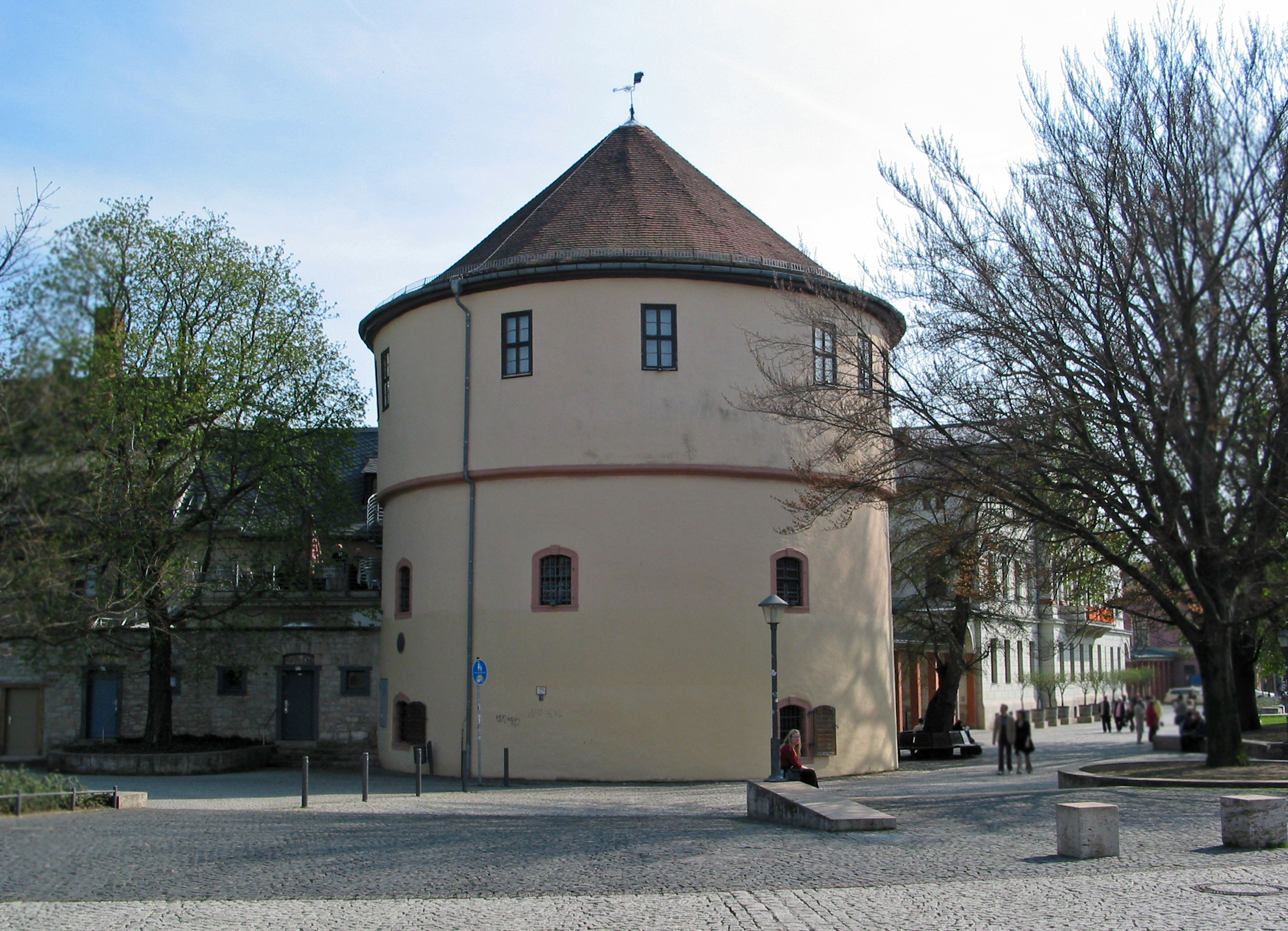
-
Goethes Wohnhaus
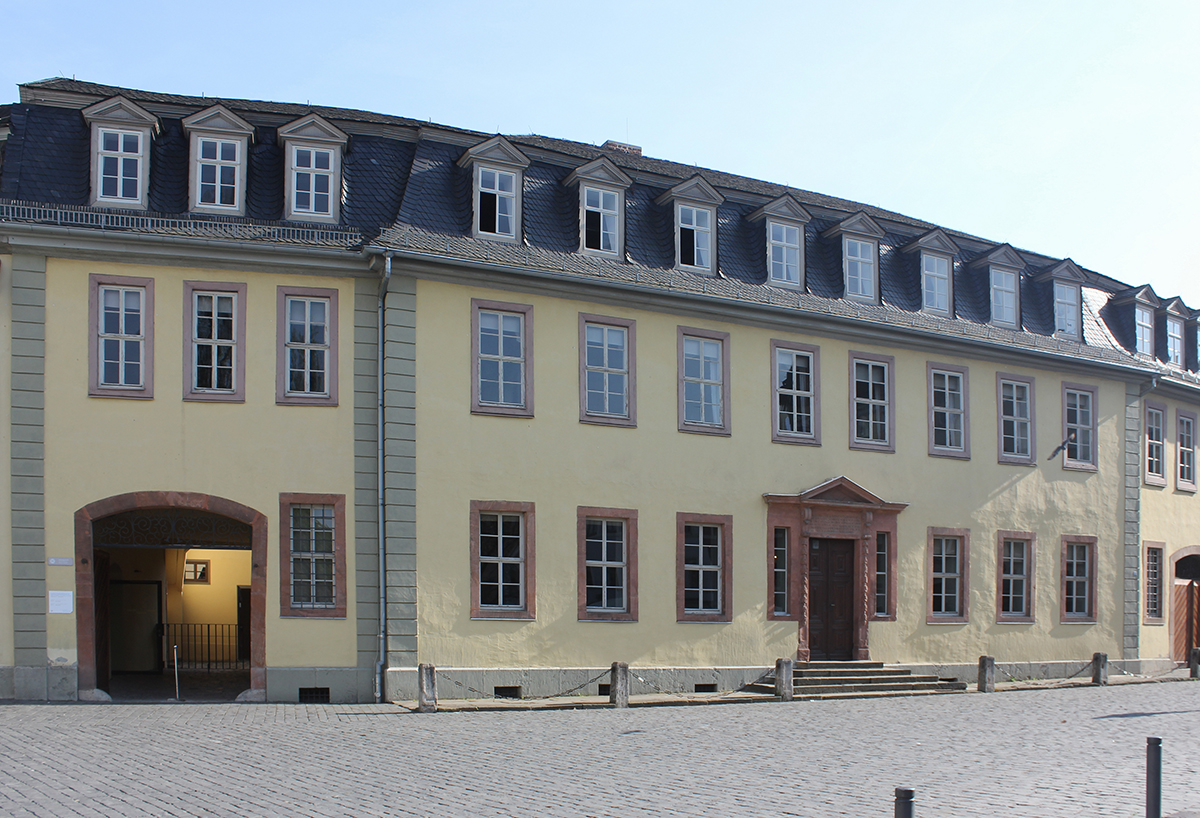
-
Haus am Horn
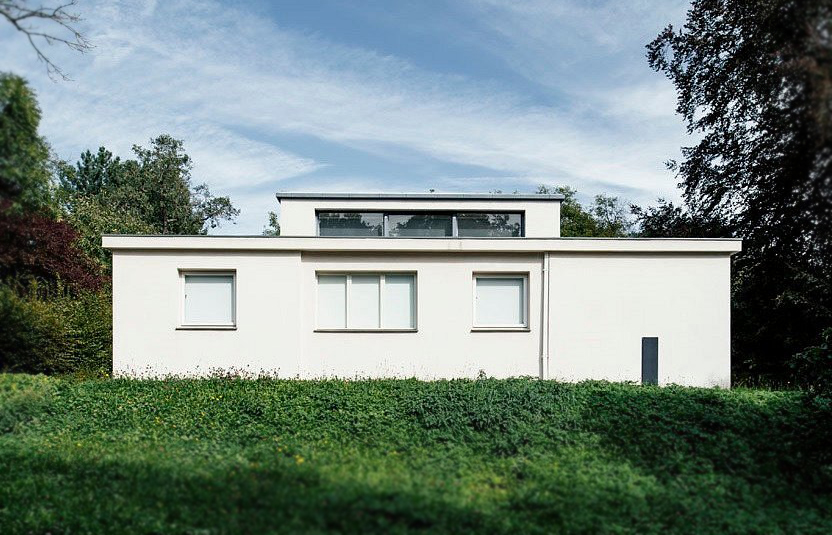
-
Haus der Charlotte von Stein
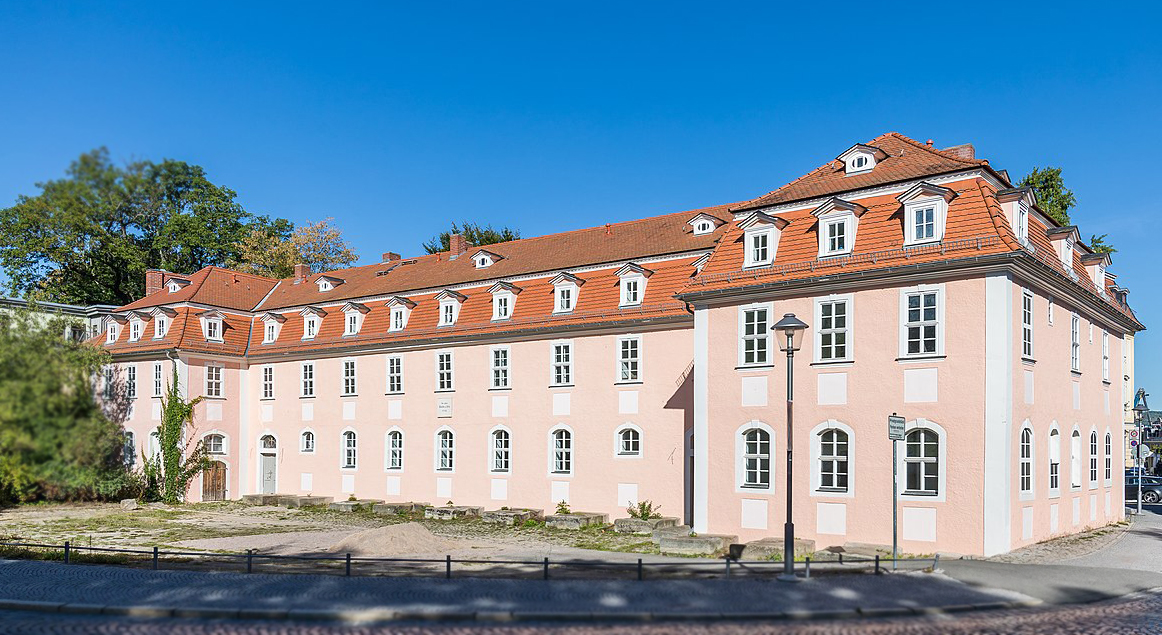
-
Herderplatz & Kirche St. Peter und Paul
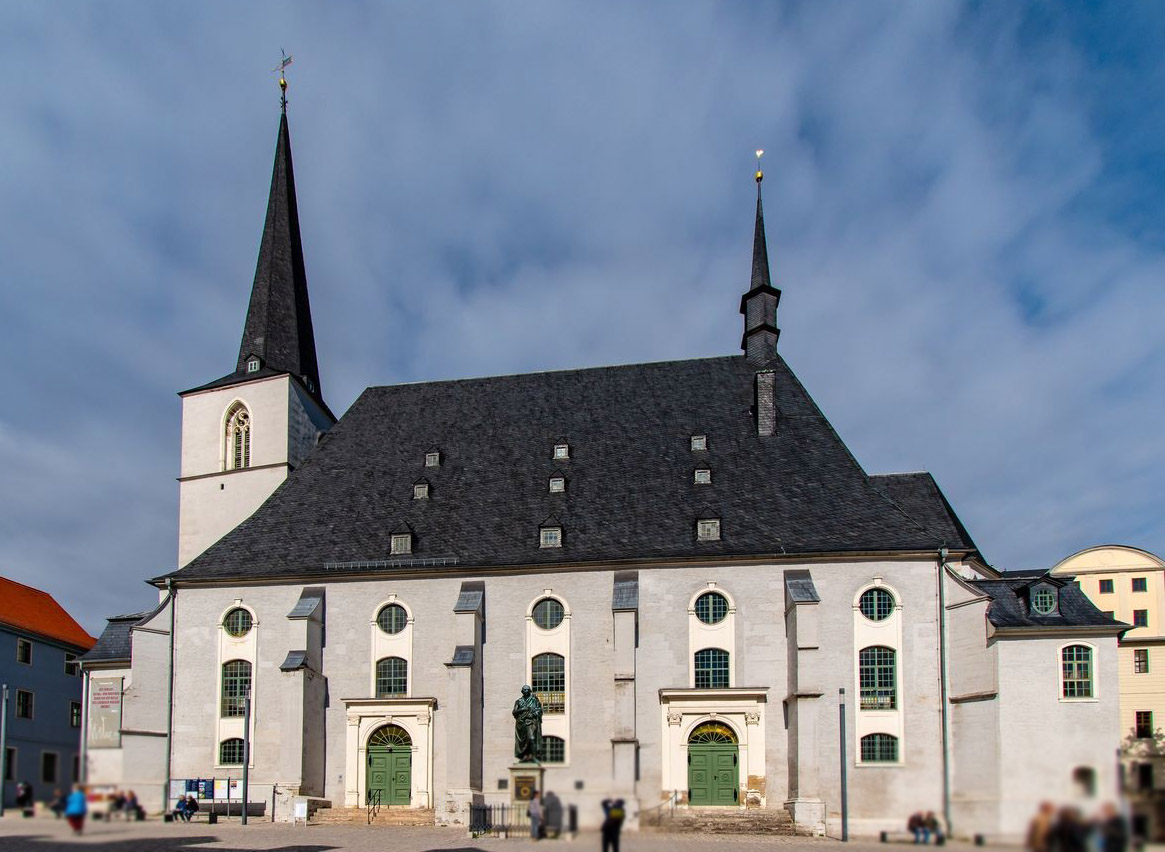
-
Herzogin Anna-Amalia-Bibliothek

-
Historischer Friedhof
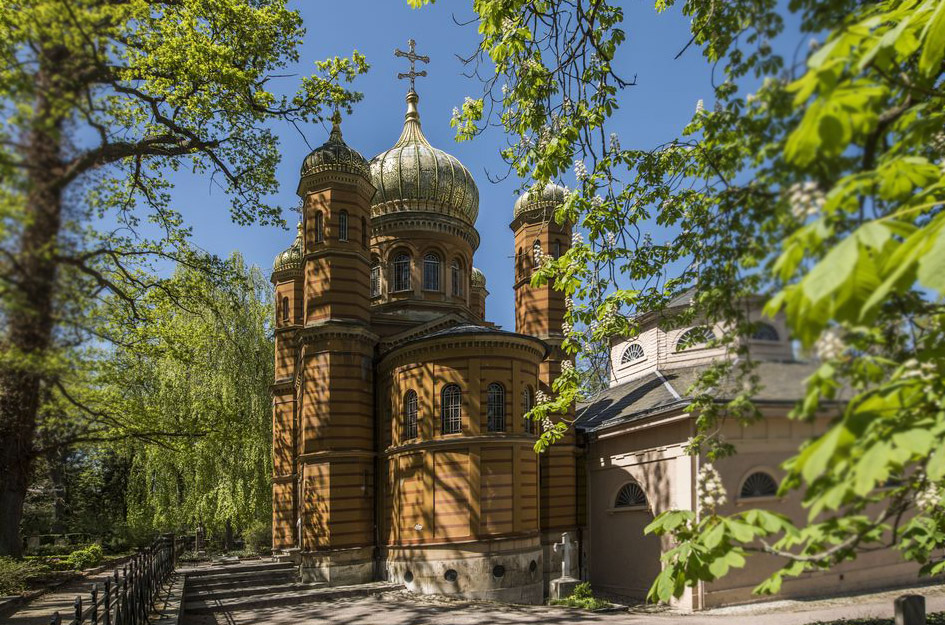
-
Hochschule für Musik Franz Liszt (Fürstenhaus)
-
J. G. Herder, Kirche St. Peter und Paul
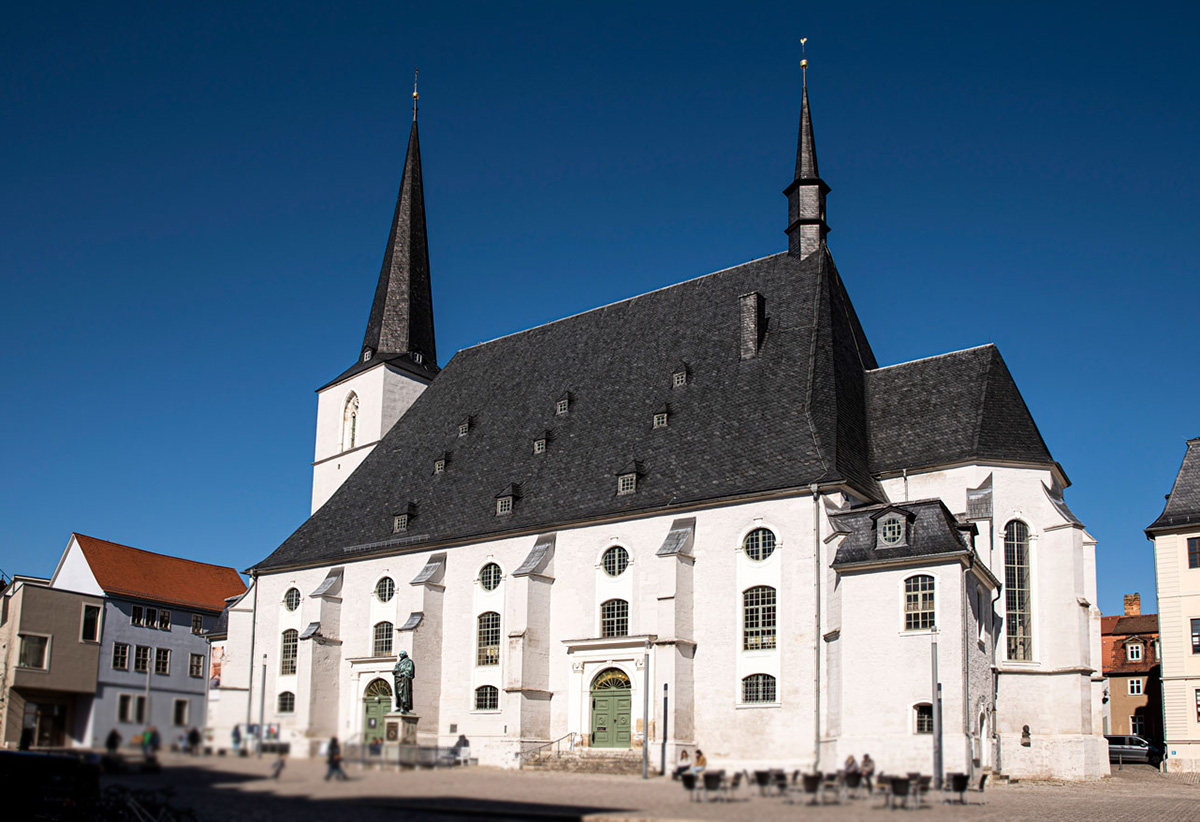
-
J. S. Bach in Weimar & Bachtafel
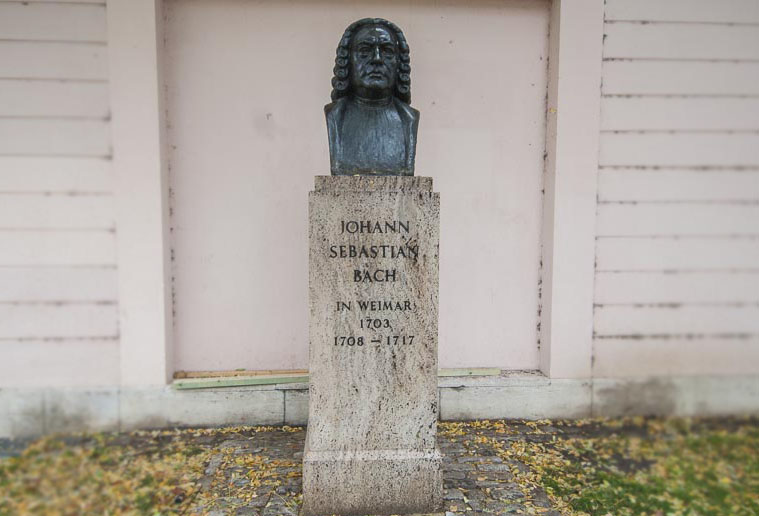
-
Katholische Kirche
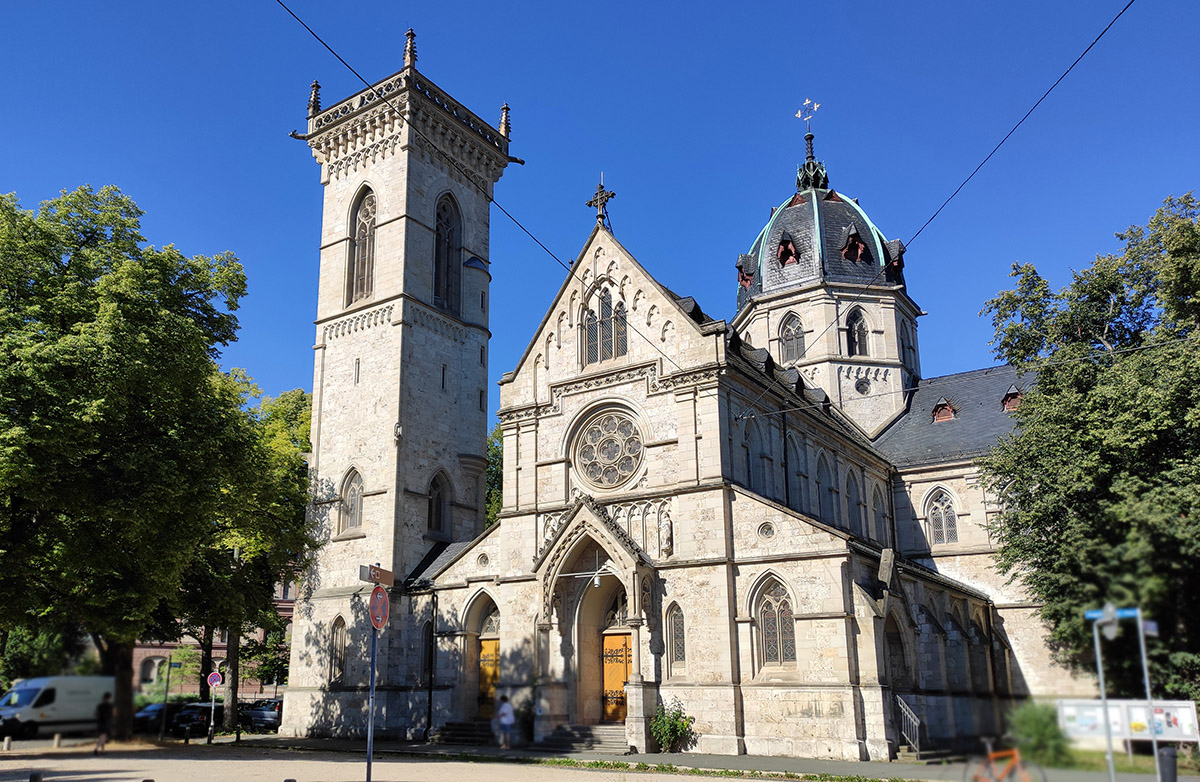
-
Landesmuseum
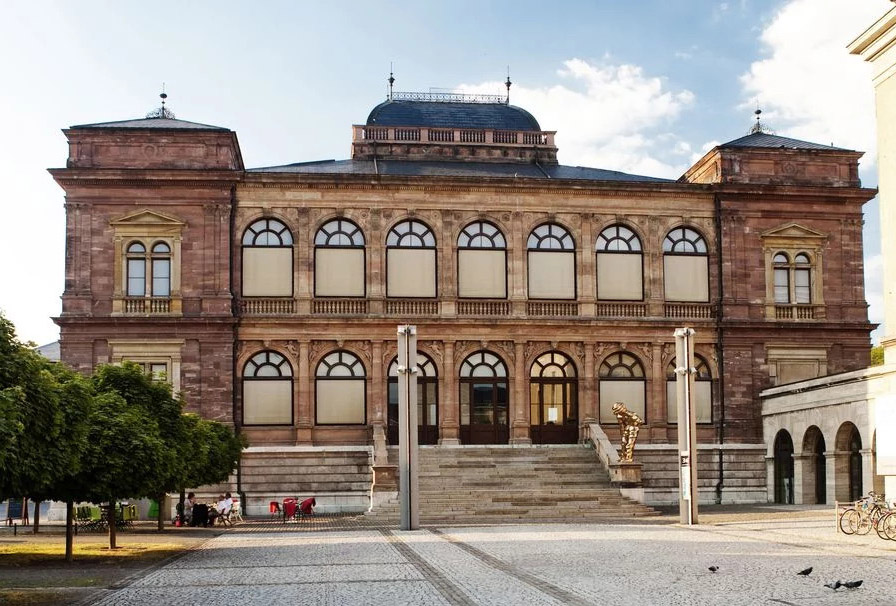
-
Liszthaus & Liszt in Weimar
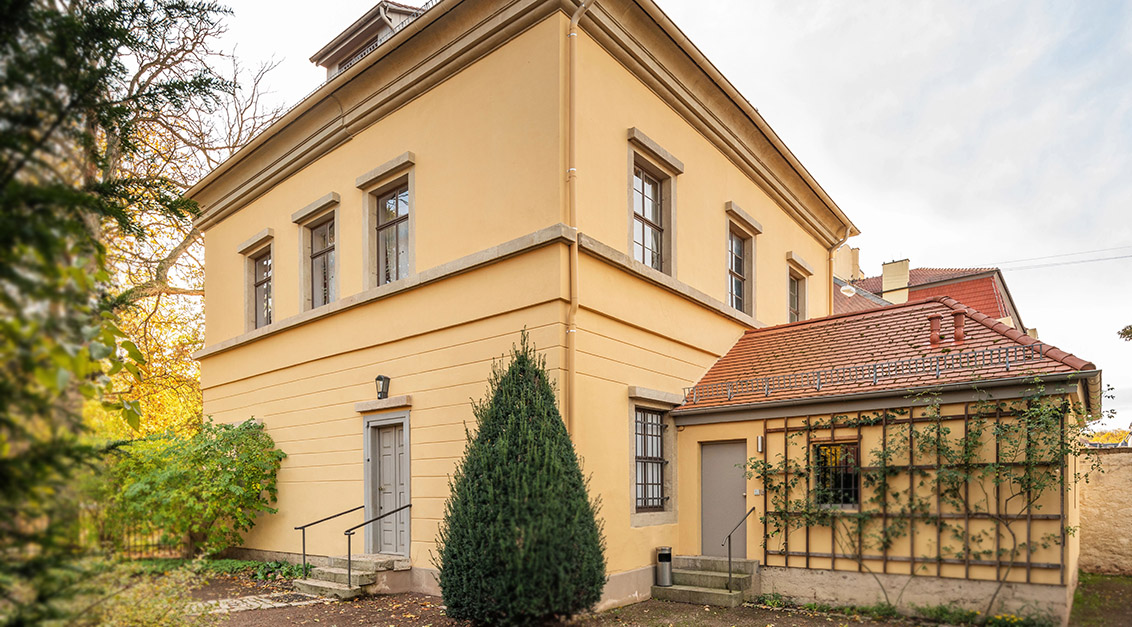
-
Markt
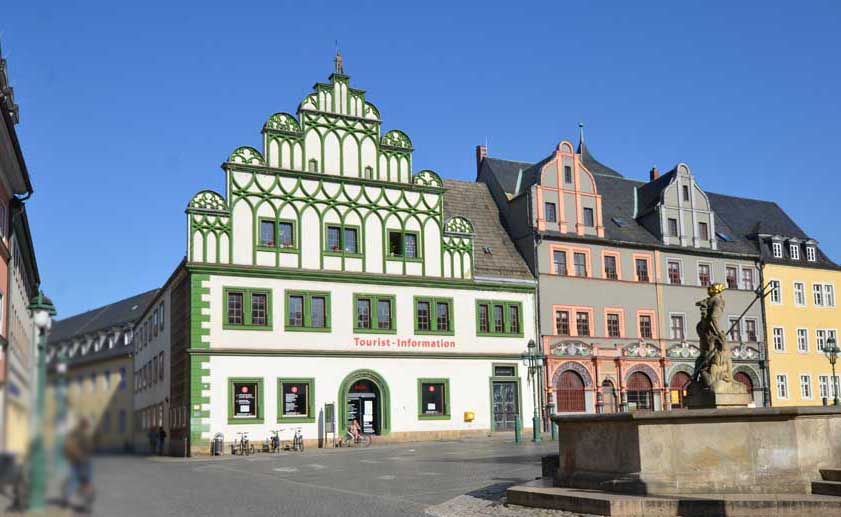
-
Marktplatz, J. S. Bach
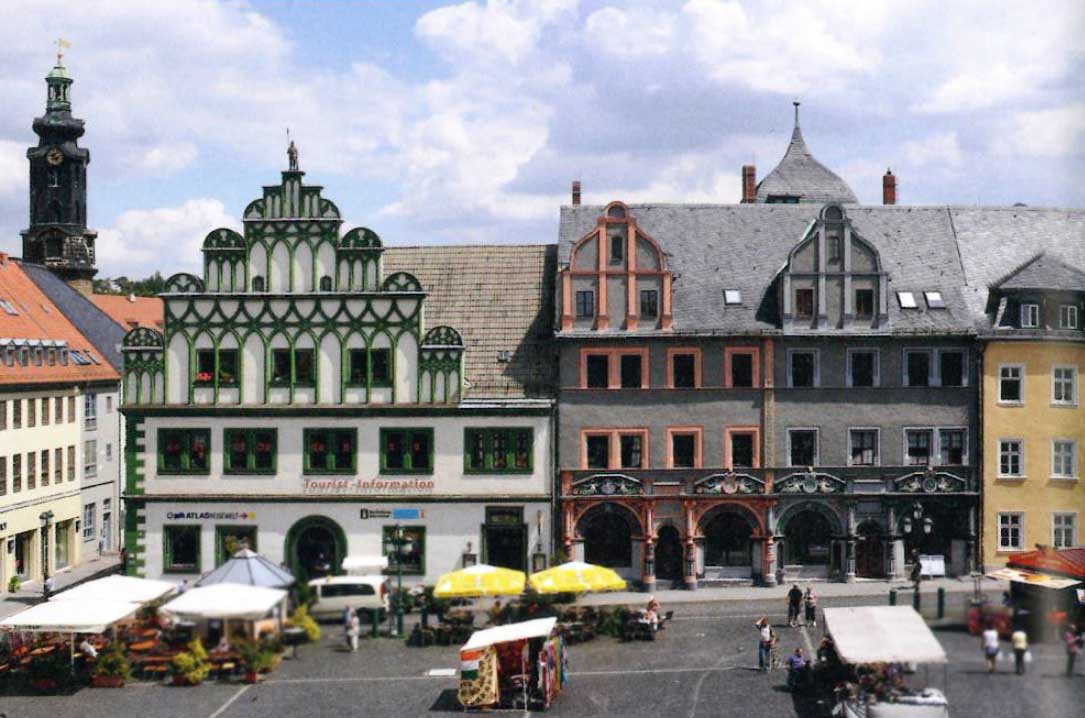
-
Marktplatz, Rathaus, Cranachhaus
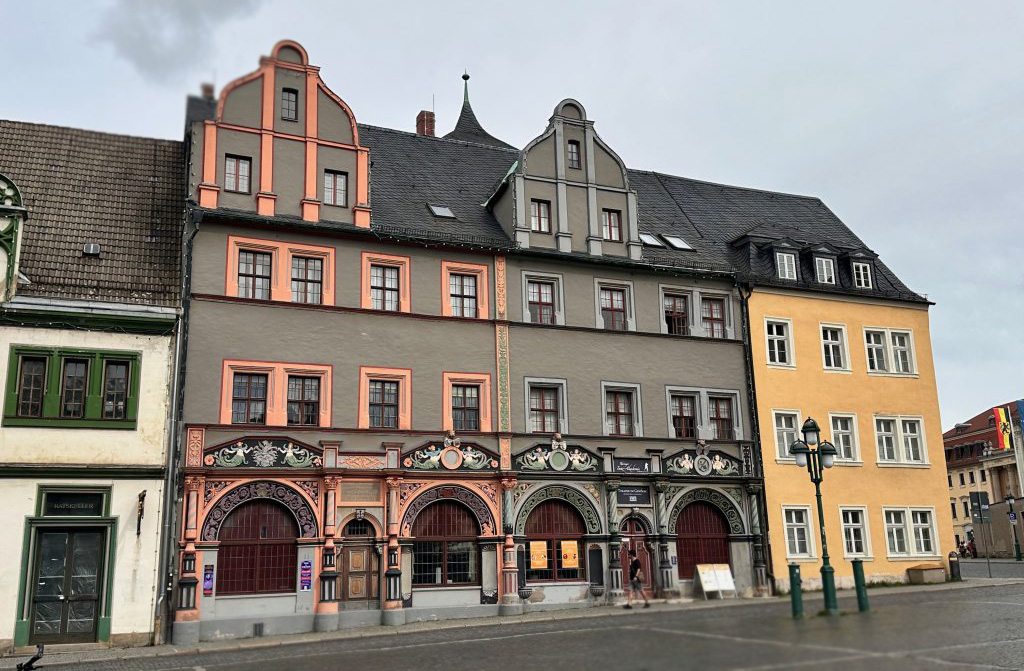
-
Marstall
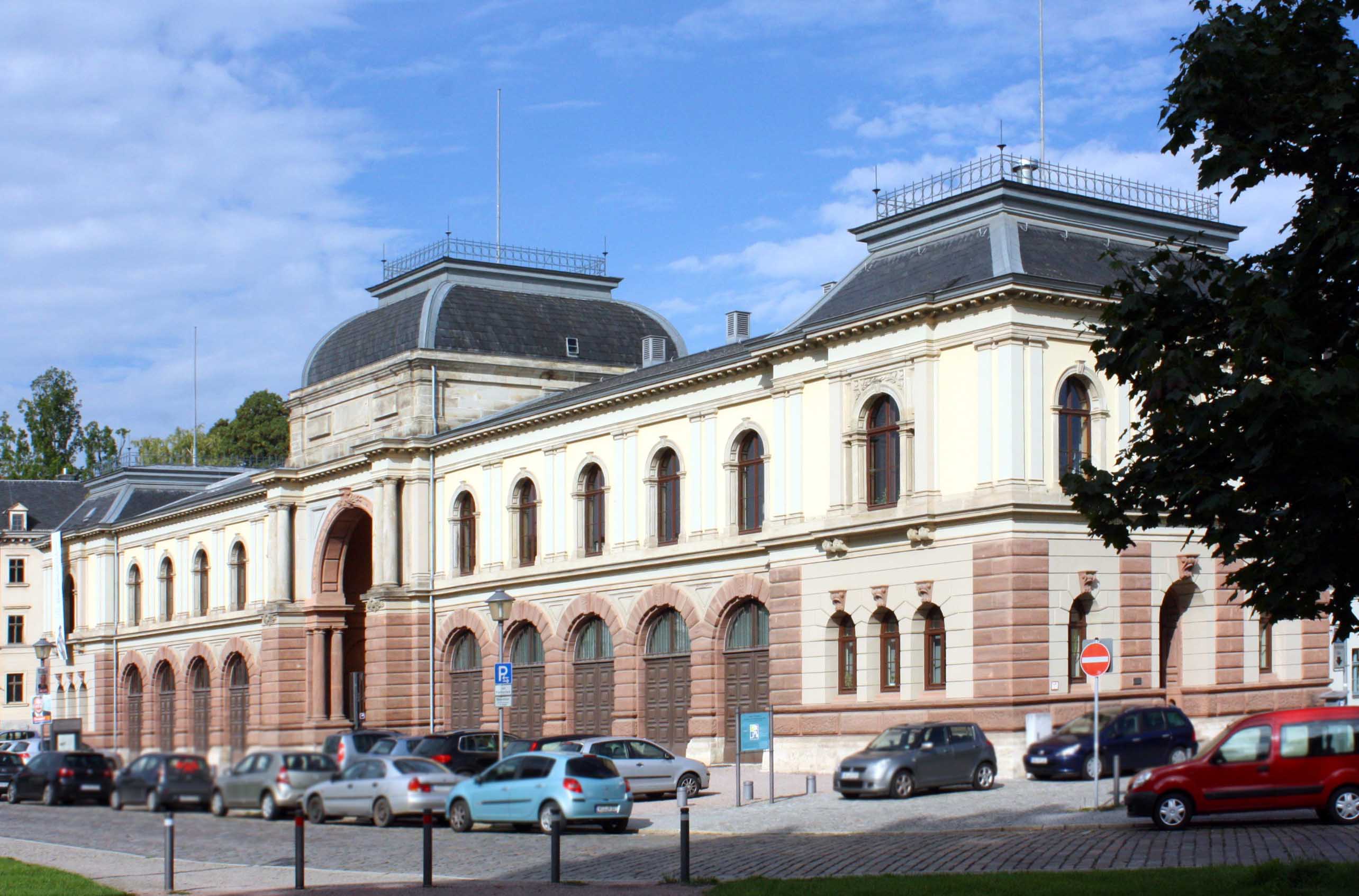
-
Modernes Weimar: Neues Bauen am Horn

-
Neue Weimarhalle
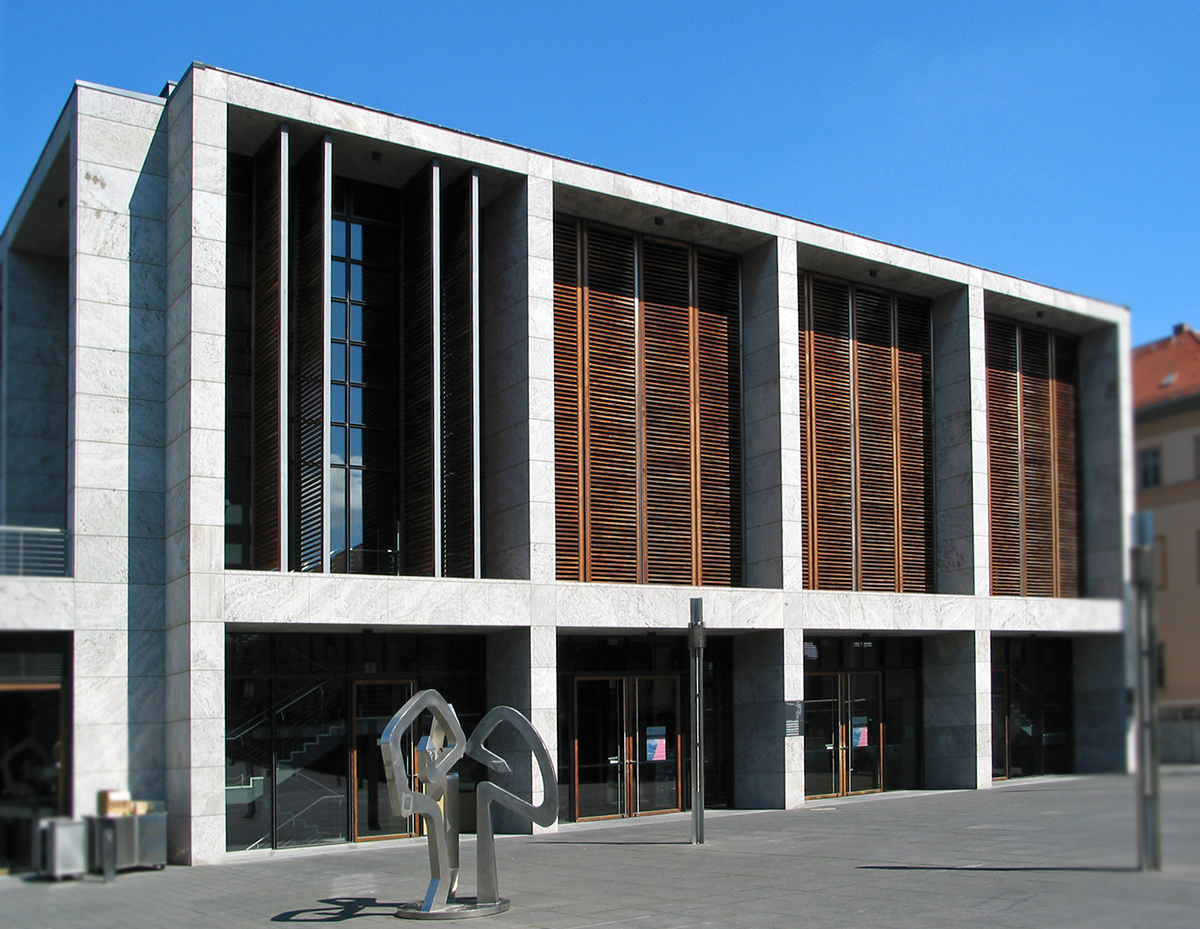
-
Neues Museum
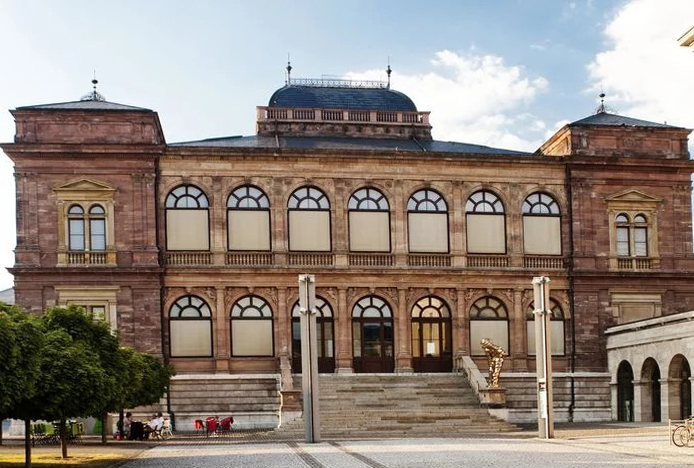
-
Parkhöhle
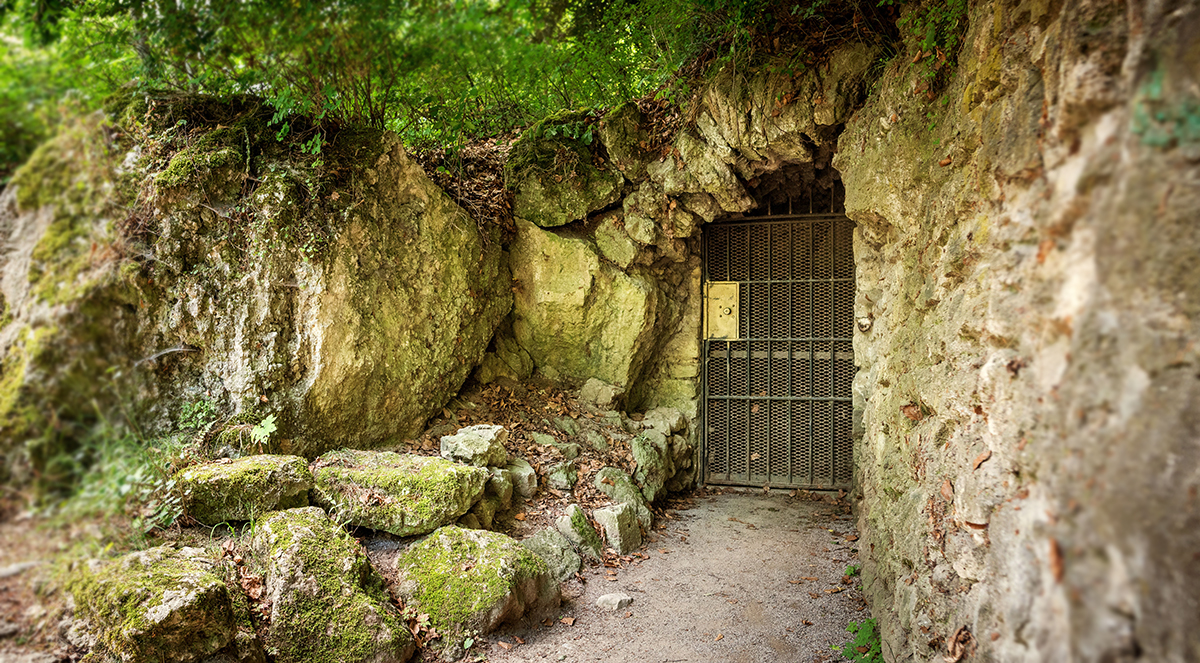
-
Platz der Demokratie (Fürstenplatz)
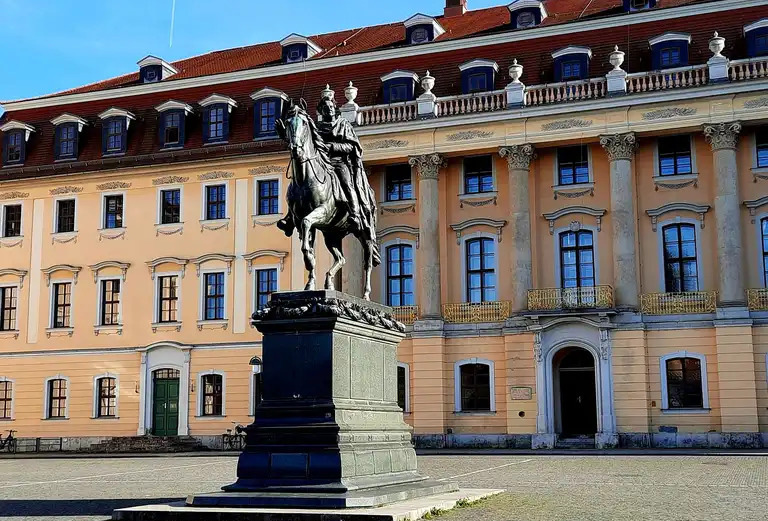
-
Platz der Demokratie, Anna Amalia Bibliothek
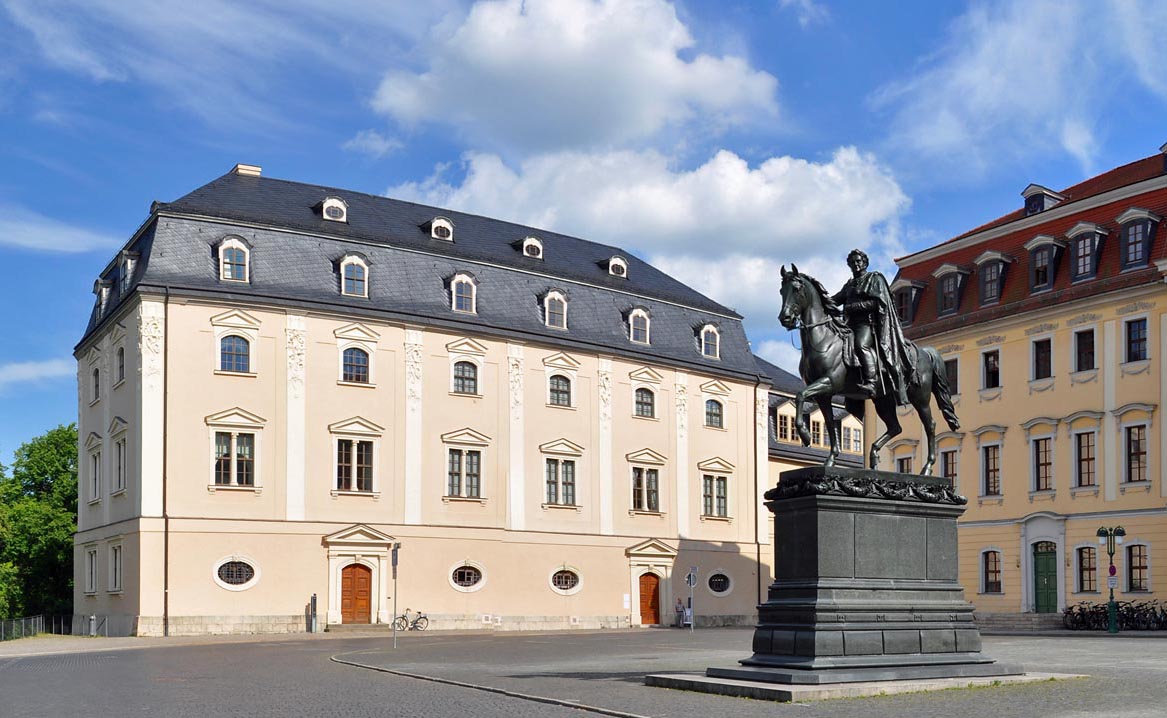
-
Rathaus
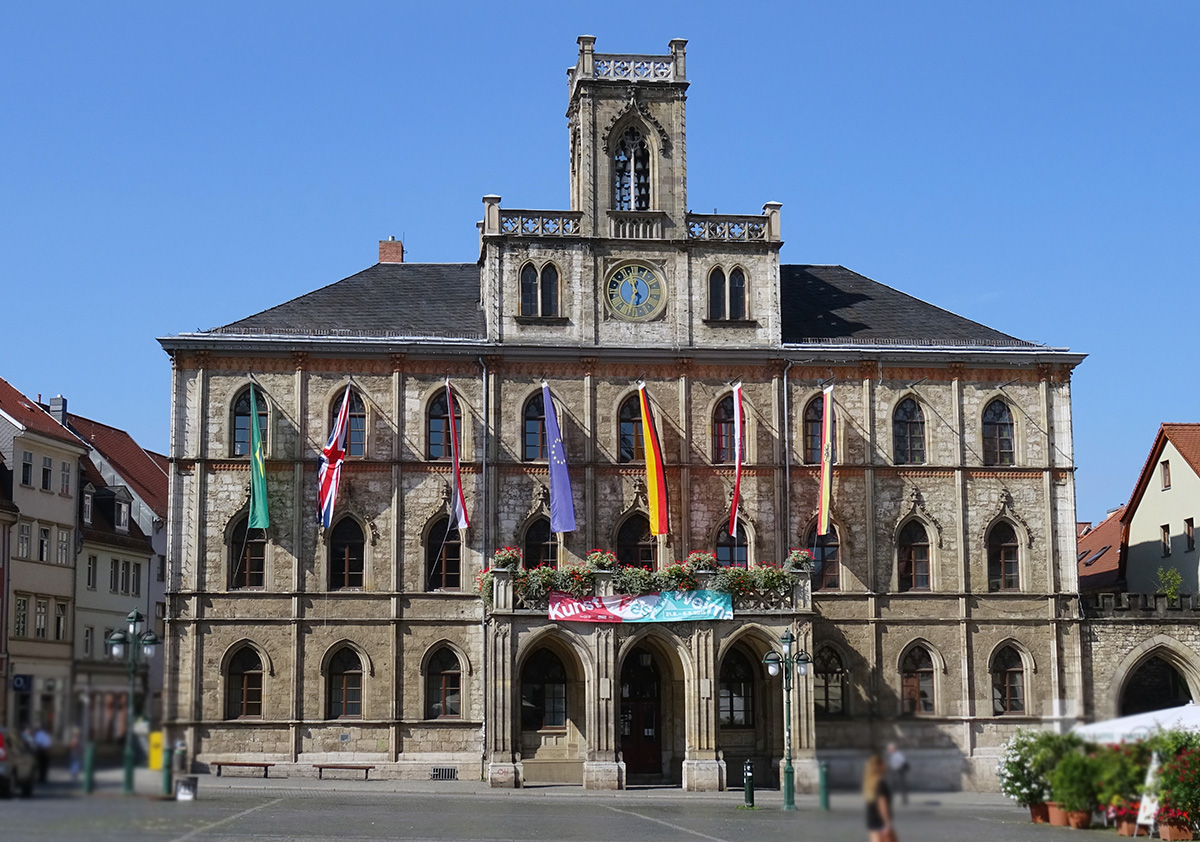
-
Reiterstandbild Carl August
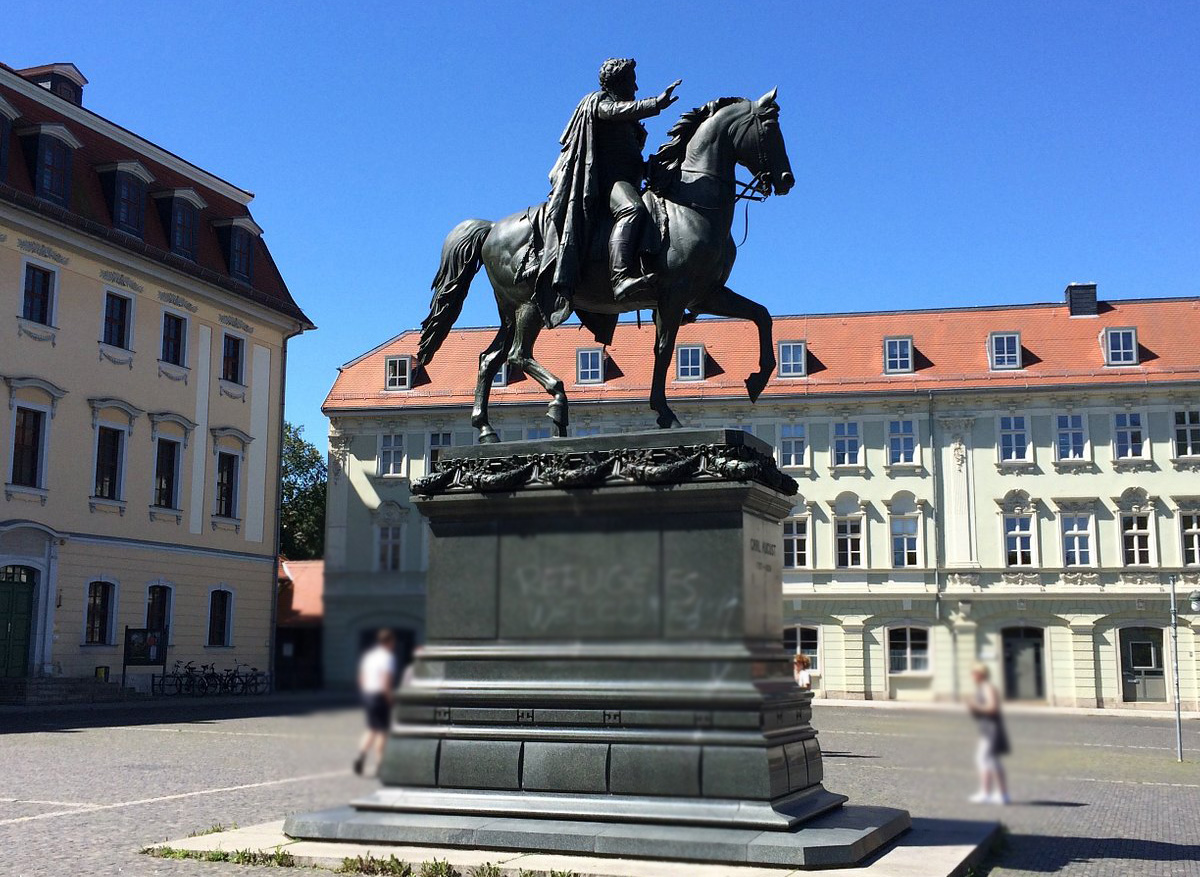
-
Römisches Haus (Carl August)
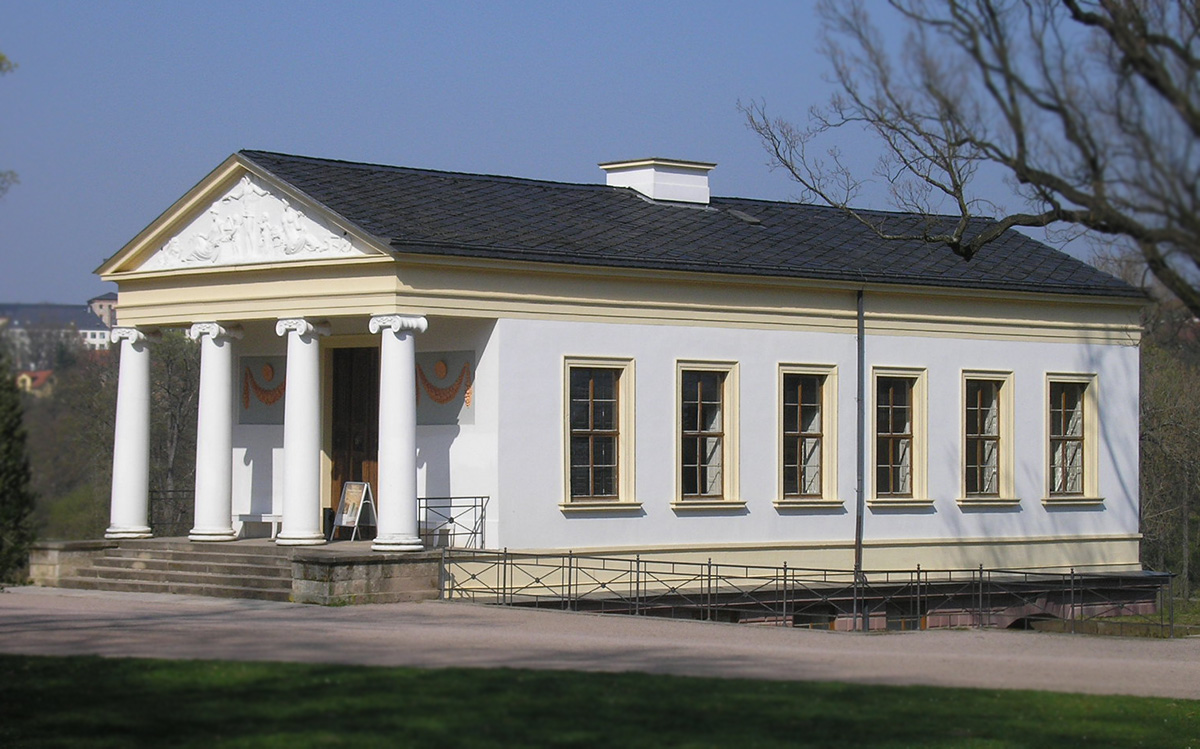
-
Schloss Belvedere
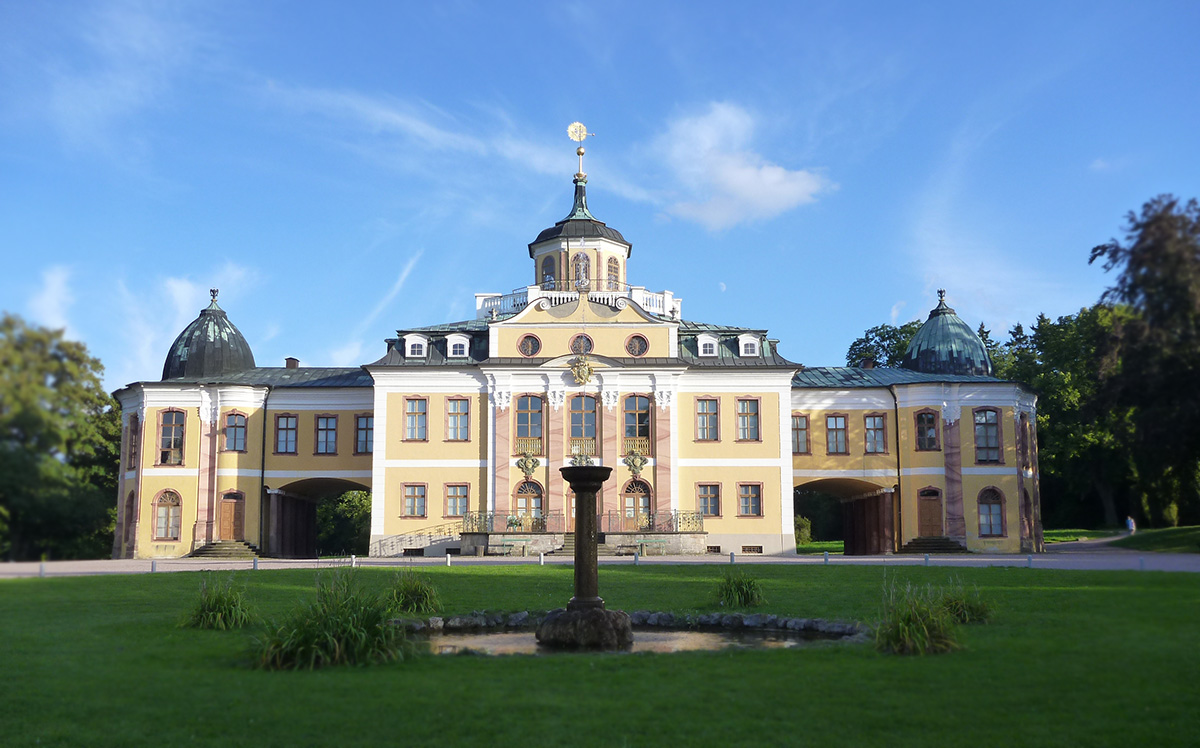
-
Stadtmuseum
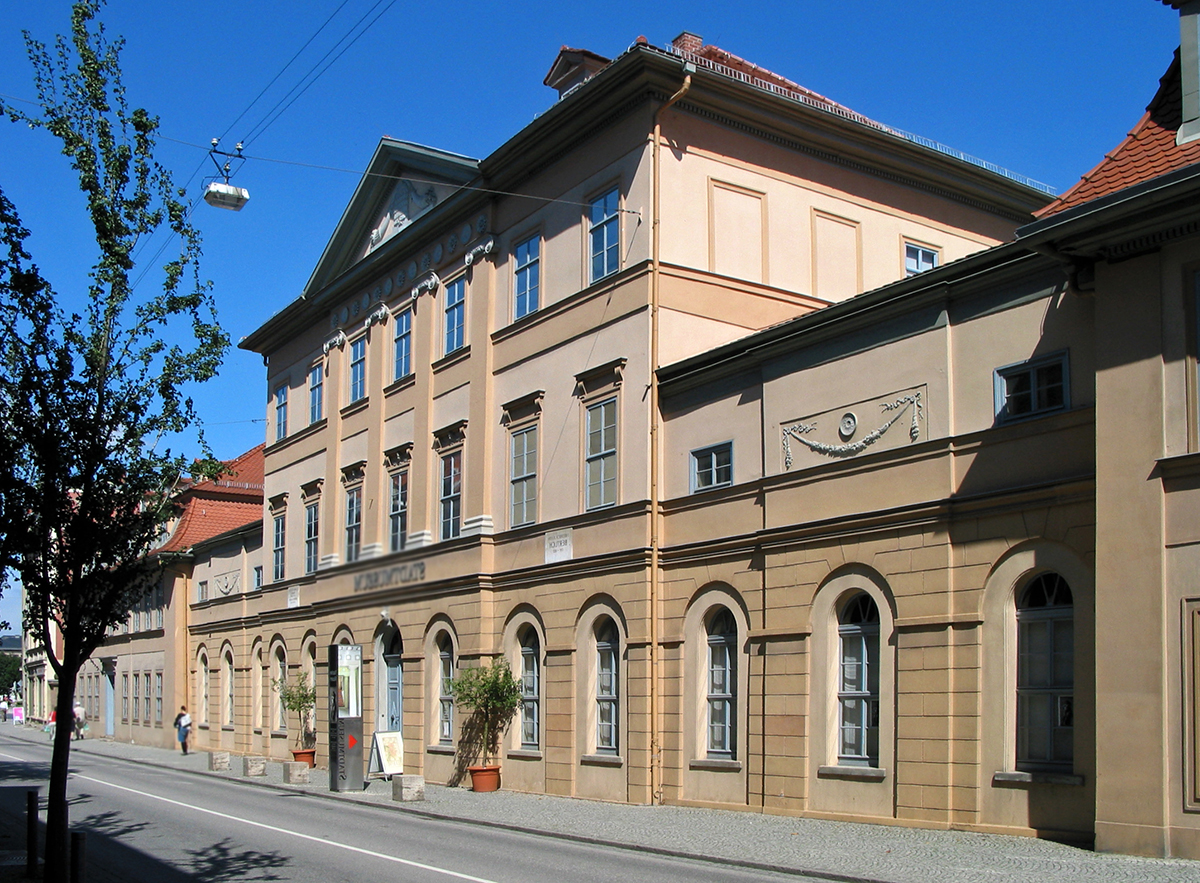
-
Stadtschloss
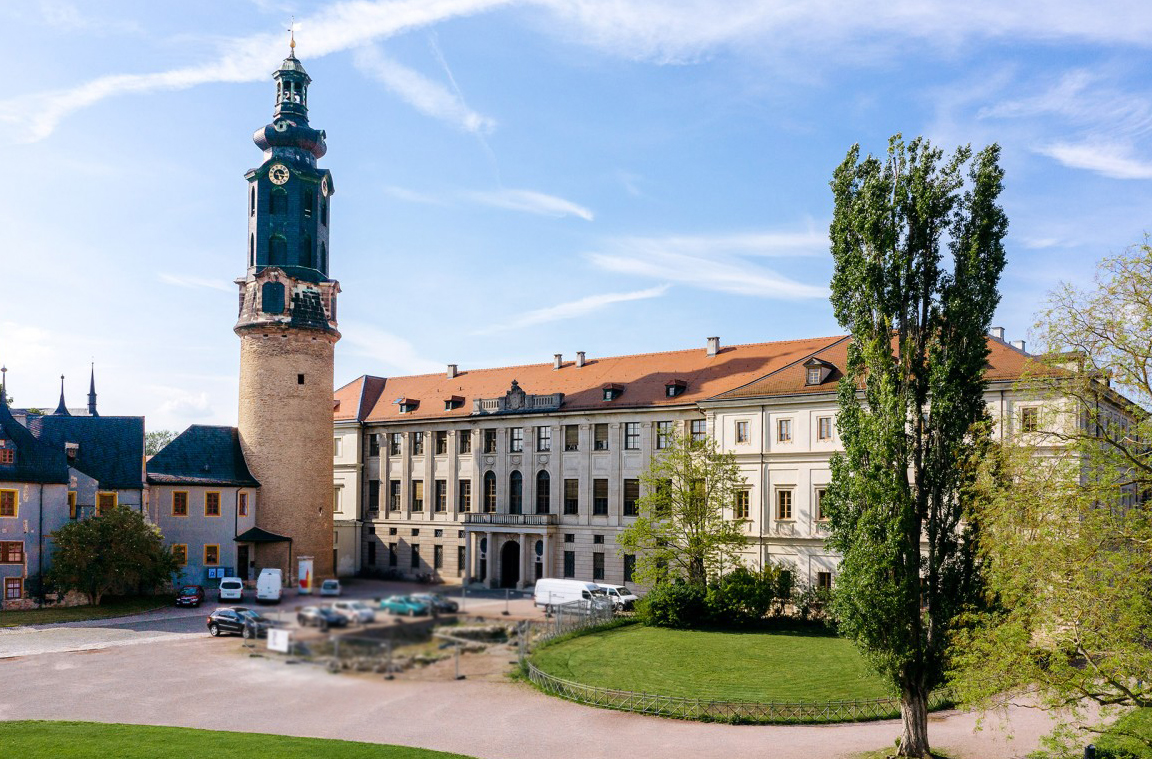
-
Standort Neues Bauhausmuseum
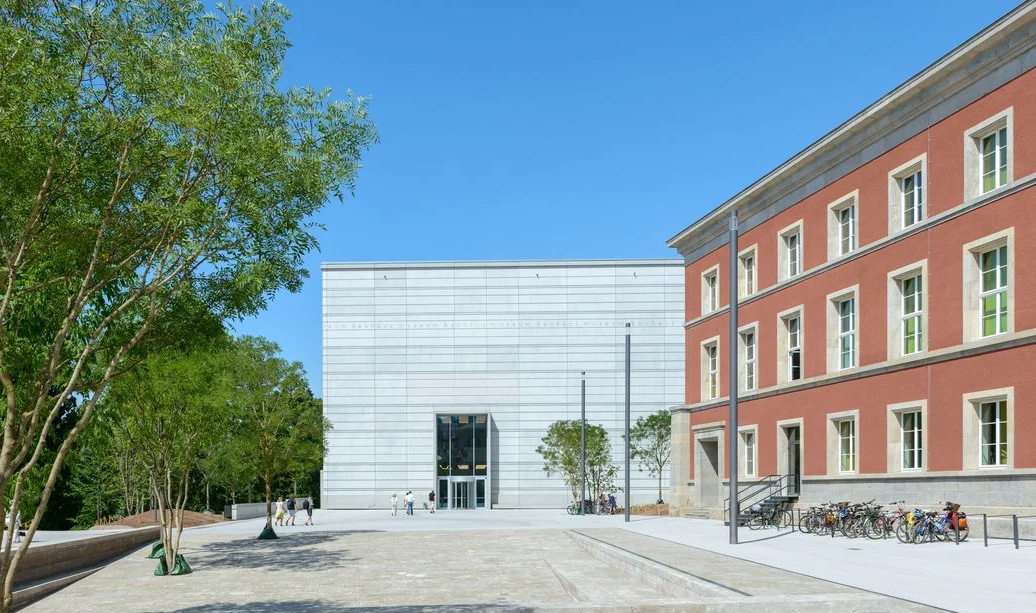
-
Villa Altenburg
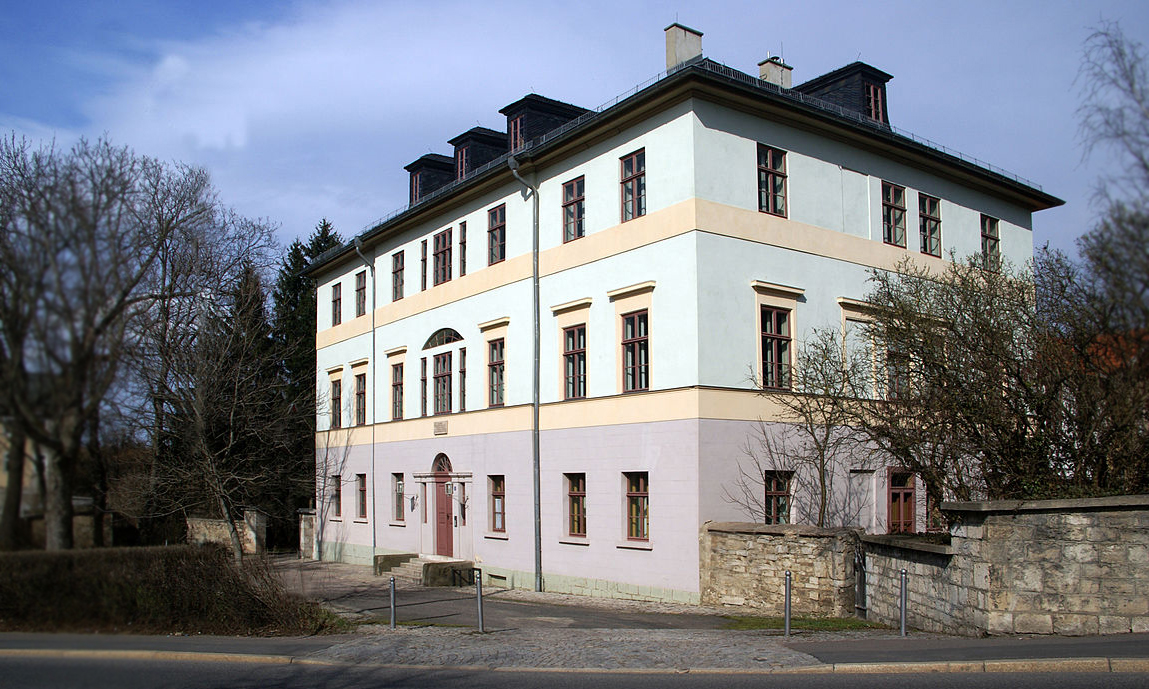
-
Welscher Garten

-
Wittumspalais
